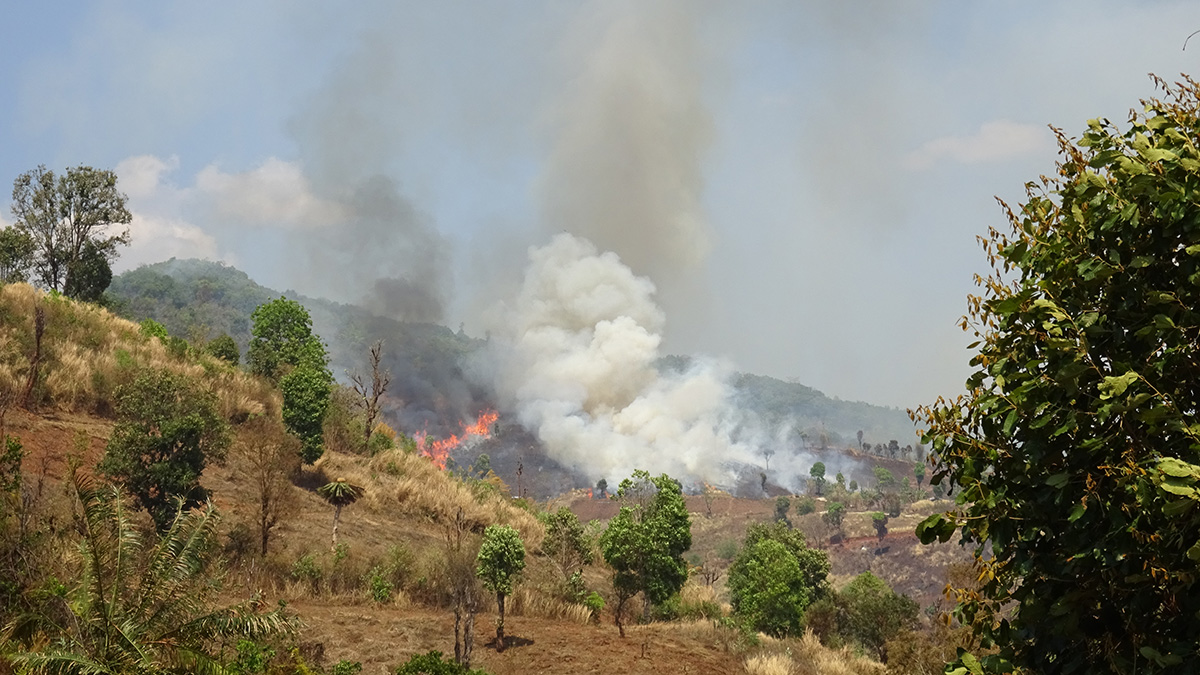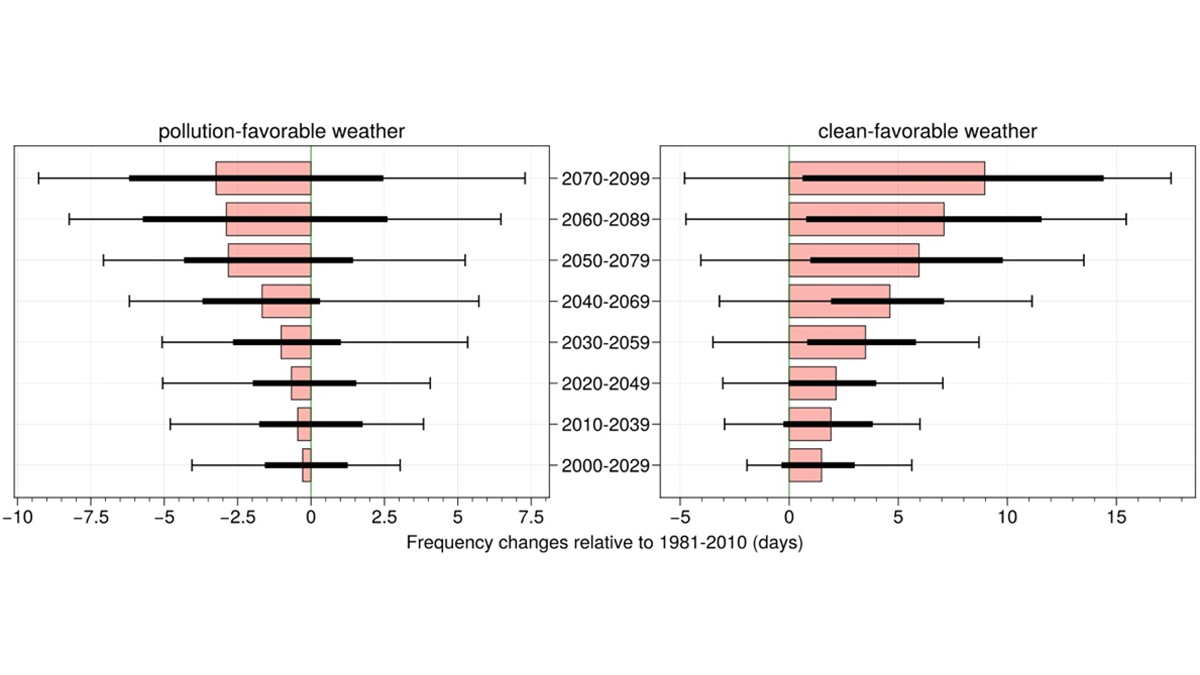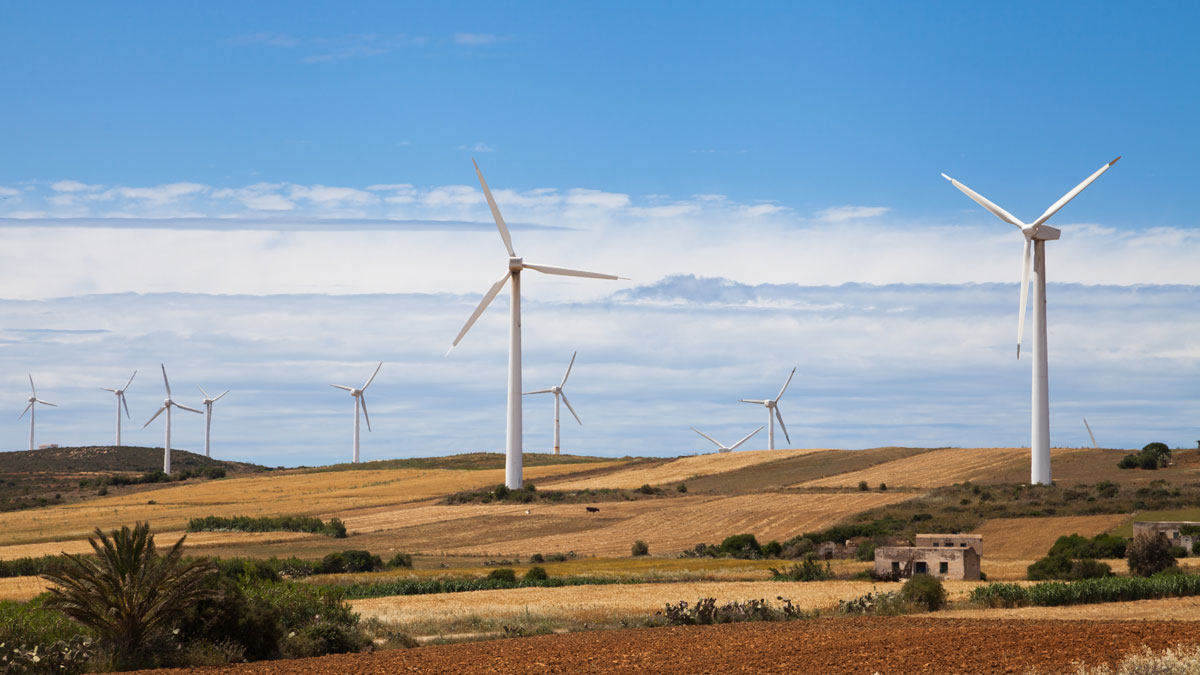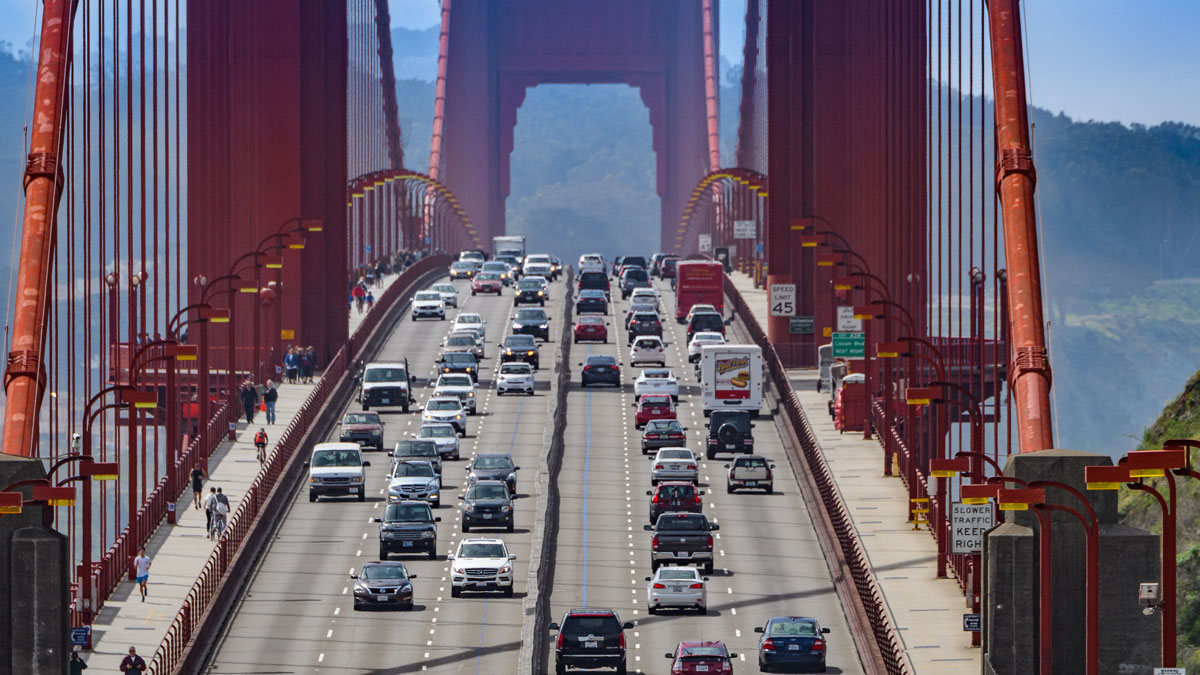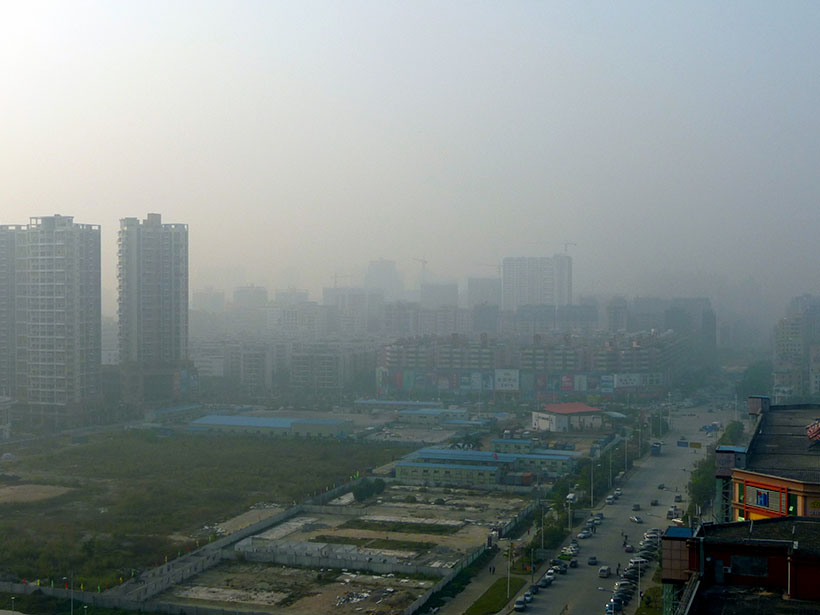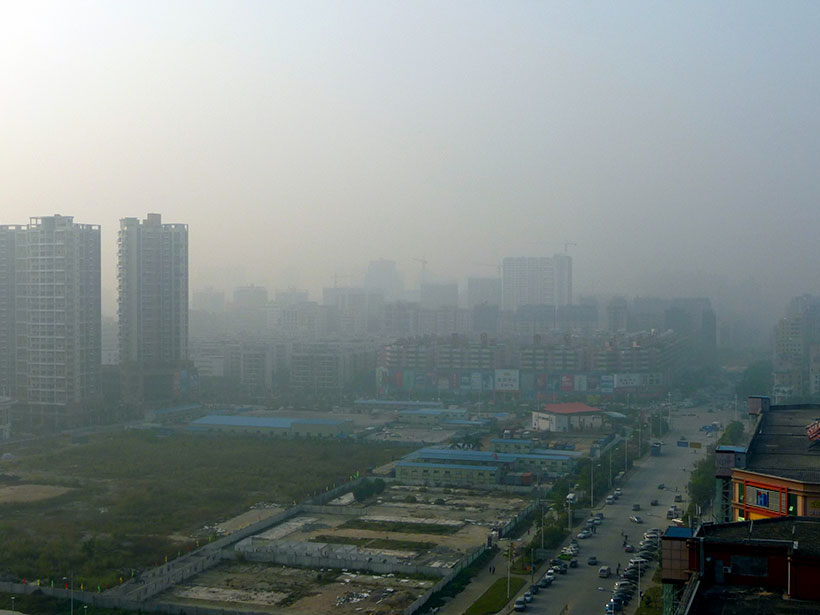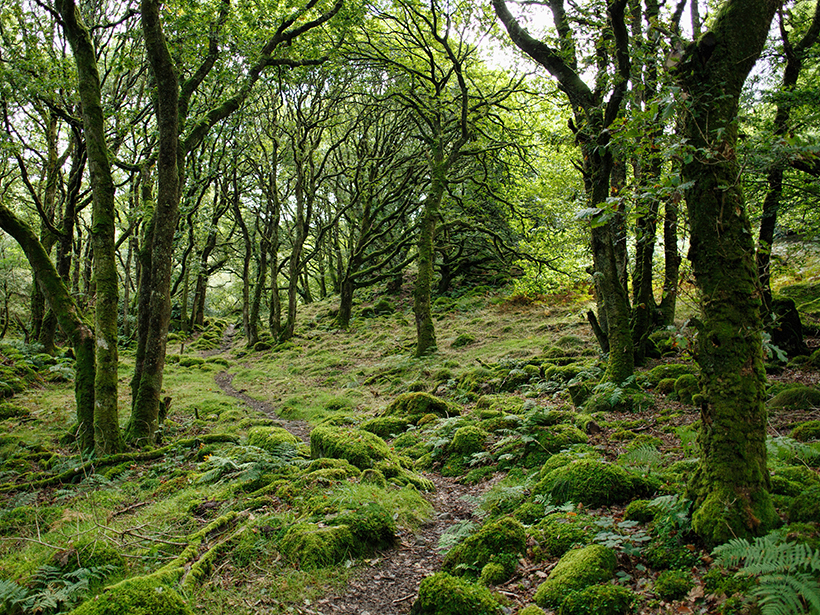农事用火和森林采伐用火对贫困人口的影响过大,减少这些用火每年可帮助防止5.9万人过早死亡。
air pollution
Reduced Winter PM2.5 in Northern India Under Global Warming
Global warming is projected to alleviate PM2.5 pollution in Delhi by decreasing pollution-favorable weather days and increasing clean-favorable weather days.
An Eye in the Sky Tracks Air Pollution Inequality in U.S. Cities
A new study uses its data to show that diesel traffic is the largest source of pollution inequality across racial and economic divides
Air Pollution Killed a Million People in Africa in 2019
Experts say nature-based mitigation strategies and investment in renewables could reduce both indoor and outdoor air pollution and stimulate sustainable and safe growth.
Remote Work May Be Keeping Some Cities’ Air Cleaner
Widespread remote work may have kept air pollution lower than pre-COVID-19 lockdown levels even though restrictions were lifted in 2020, a new study finds.
Fires Lit for Agriculture Boost Air Pollution in Southeast Asia
Reducing fires lit for agricultural management and deforestation, which unduly affect poorer populations, could help prevent 59,000 premature deaths per year.
Los beneficios para la salud y el clima de reducir la contaminación del aire
En un nuevo estudio, investigadores aplicaron un modelo global del sistema Tierra para estimar los impactos de las reducciones de emisiones por sector.
How Long Do Black Carbon Particles Linger in the Atmosphere?
Researchers uncover how black carbon evolves from hydrophobic particles to cloud nucleation sites, eventually removing the heat-absorbing particles from the sky.
How the “Best Accidental Climate Treaty” Stopped Runaway Climate Change
The Montreal Protocol halted the destruction of the ozone layer. In the process, it saved one of Earth’s most important carbon sinks.

